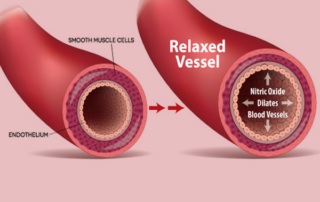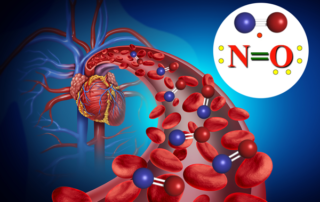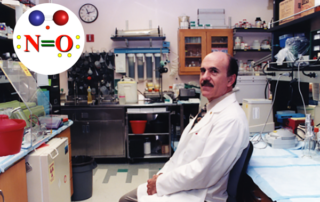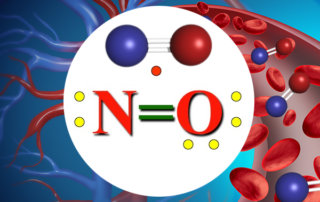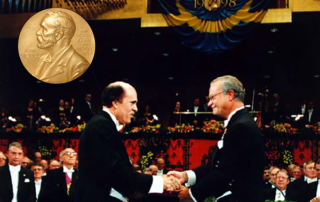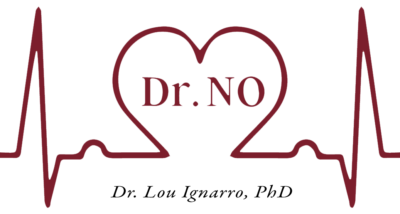About Nitric Oxide
Learn more about Nitric Oxide, it’s discovery, it’s function in the body and how it affects health and wellness.
Erectile Function and Viagra
In healthy men sildenafil increased sensitivity to nitroglycerin, an exogenous NO donor, approximately 4-fold but did not affect endothelium-dependent, NO-mediated responses in either the hand vein or forearm vasculature
How to Increase Your Nitric Oxide Levels
Nitric oxide production is essential for overall health because it allows blood, nutrients and oxygen to travel to every part of your body effectively and efficiently. Fortunately, there are many ways to maintain optimal levels of nitric oxide in your body.
Nitric Oxide in Health and Disease
Many disorders and diseases are associated with a decline in NO production as we age. In some cases, it is known that the decrease in NO actually causes the disorder. More research in the future will likely show that lower NO levels causes many more disorders.
Nitric Oxide: The Basics
Nitric Oxide, also known as NO, is a natural signaling molecule produced in the arteries, brain and many other organs in the body. In its natural state, NO is a very unstable gaseous molecule that lasts for only a second or less after being produced inside cells.
The History of the Discovery of Nitric Oxide
By 1989 both the biosynthesis and mechanism of action of NO were elucidated. It became clear that NO is a signaling molecule produced enzymatically from L-arginine and then immediately activates cytosolic guanylate cyclase by heme-dependent mechanisms to elevate cyclic GMP.
The Physiology of Nitric Oxide
Nitric oxide dilates blood vessels, raising blood supply and lowering blood pressure. Conversely, it helps protect tissues from damage due to low blood supply. Also a neurotransmitter, nitric oxide acts in the nitrergic neurons active on smooth muscle, abundant in the gastrointestinal tract and erectile tissue.
Why was the Nobel Prize awarded for Nitric Oxide?
The Nobel Prize in Physiology or Medicine for Nitric Oxide was awarded in 1998 to three pharmacologists working independently. The title of the Nobel Prize was “Nitric Oxide as a Unique Signaling Molecule in the Cardiovascular System”

